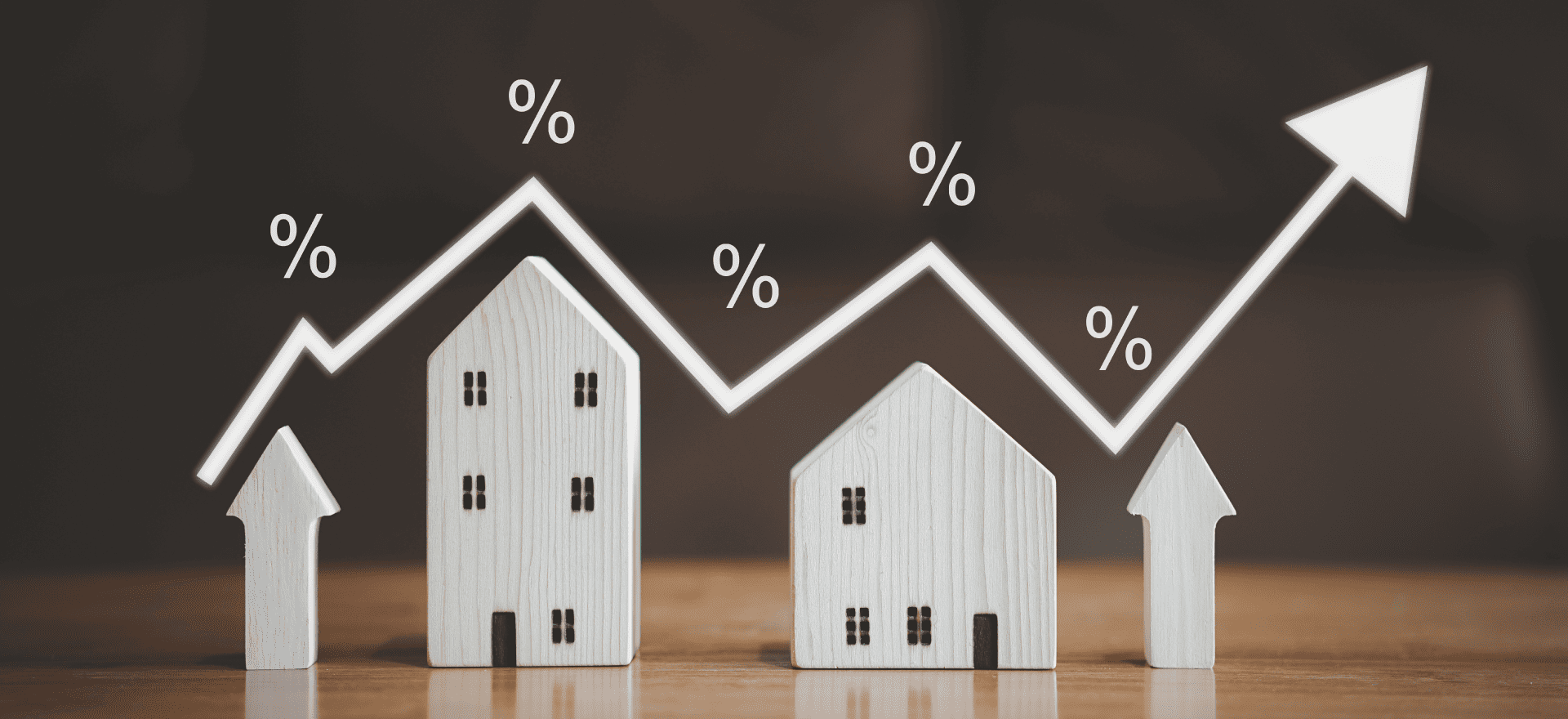
There are several things to consider when working out the extent to which interest and other finance costs can be deducted from the profits of a property business. The restriction on deducting interest and other finance costs incurred on a dwelling-related loan or mortgage is covered in a separate factsheet. This factsheet considers how much interest is deductible when a property is re-mortgaged.
What is the issue?
Historically, it has been common for buy-to-let owners to regularly remortgage and withdraw capital, basically cashing in on house price rises. However, what many owners seem to overlook is that if the mortgage exceeds the original property value (including SDLT and related costs), plus any improvement costs, then relief for the mortgage interest is further restricted.
The ‘wholly and exclusively’ principle
This restriction is because of the ‘wholly and exclusively’ principle, which means that only expenditure incurred ‘wholly and exclusively’ for the purpose of the business can be deducted from its profits.
Let’s say a self-employed plumber takes out a loan, ostensibly for the purposes of his trade, but uses the loan to pay for a safari holiday. The interest on the loan is obviously not wholly and exclusively for the purposes of the trade and is not deductible. The same principle applies when a property is re-mortgaged – any portion of the new mortgage that exceeds the capital value of the property when it was brought into the letting business is deemed to be for non-business purposes, so the interest on that portion is not tax deductible.
How much interest is deductible?
HMRC give a useful example in BIM 47500 (linked below):
“Mr A owns a flat which he bought ten years ago for £125,000. He has a mortgage of £80,000 on the property. He has been offered a job in Holland and is moving there to live and work. He decides to keep his flat and rent it out while he is away. His flat now has a market value of £375,000. He renegotiates his mortgage on the flat to convert it to a buy to let mortgage and borrows a further £125,000. He withdraws the £125,000, which he then uses to buy a flat in Rotterdam. Although he has withdrawn capital from the business, the interest on the mortgage loan is allowable in full because it is funding the transfer of the property to the business at its open market value at the time the business started.”
Further restriction: dwelling-related loans
If the mortgage or loan relates to a dwelling, then a further restriction applies to the deductible interest and finance costs. The restriction means allowable interest and finance costs are not deducted when computing the profits of the property business. Instead, a basic rate ‘tax-reducer’, calculated at 20% of the allowable interest or finance costs, is deducted from the taxpayer’s tax charge. This is detrimental to higher and additional rate taxpayers who would otherwise obtain tax relief for the interest at 40% or 45%.
Further information
HMRC guidance: Examples of how to work out Income Tax when you rent out a property – GOV.UK
General information on interest deductions can be found in HMRC’s Business Income Manual: BIM45650
The dwelling-related loan interest restriction is covered here: PIM2052



